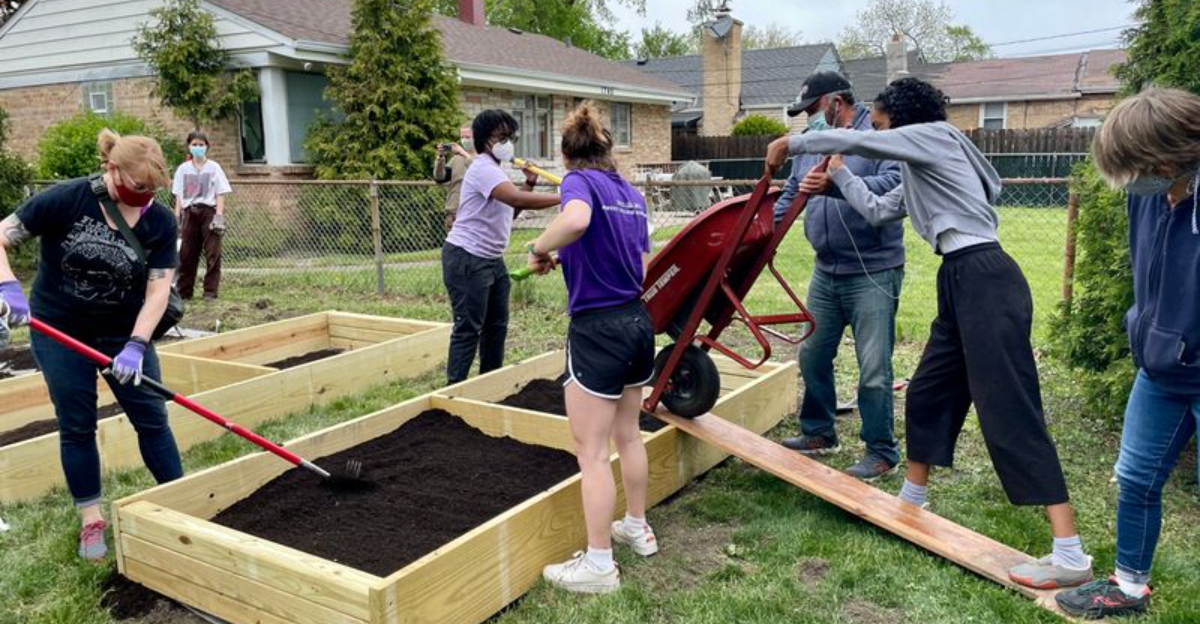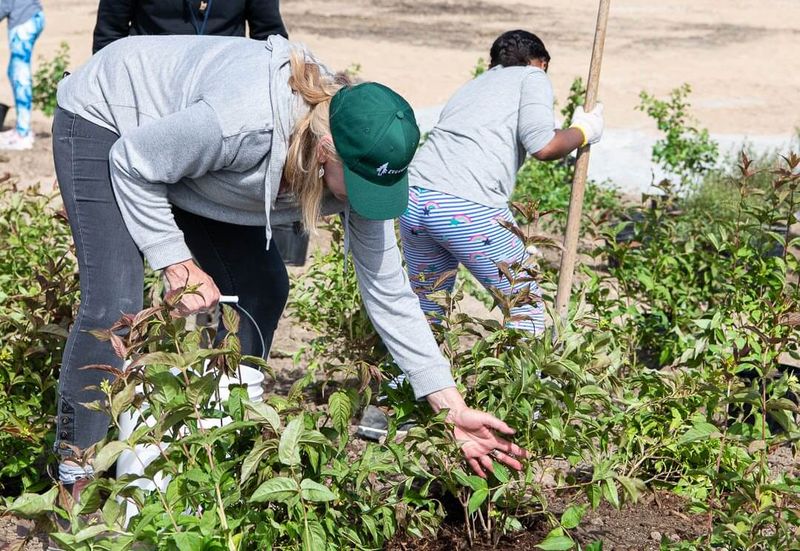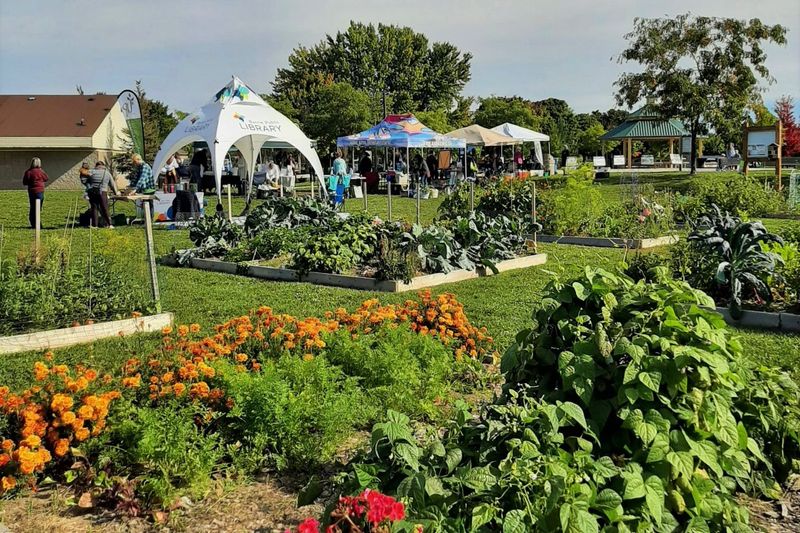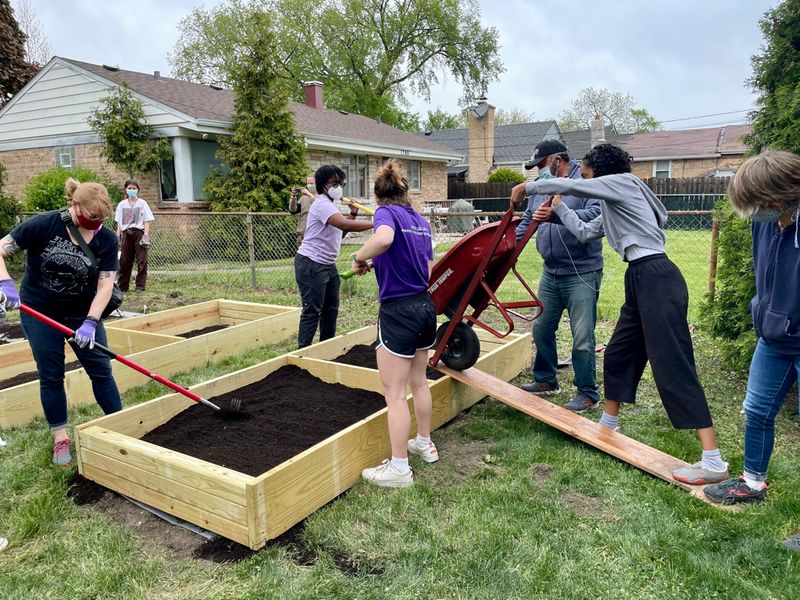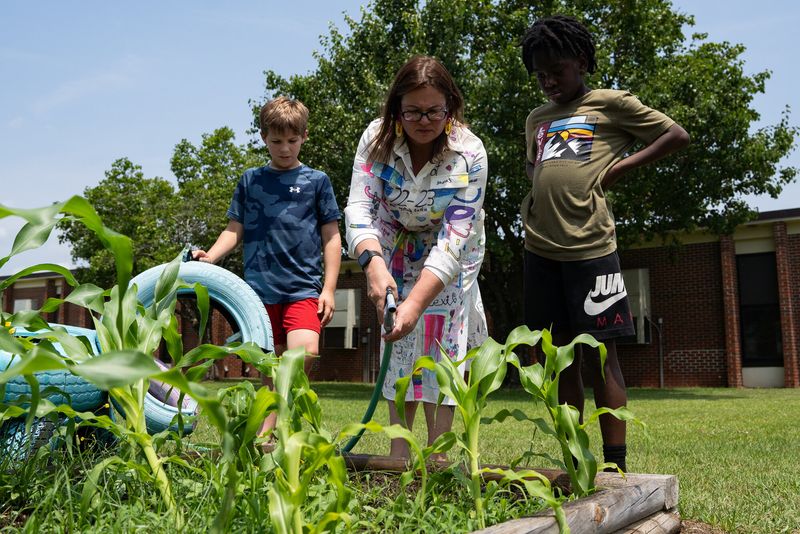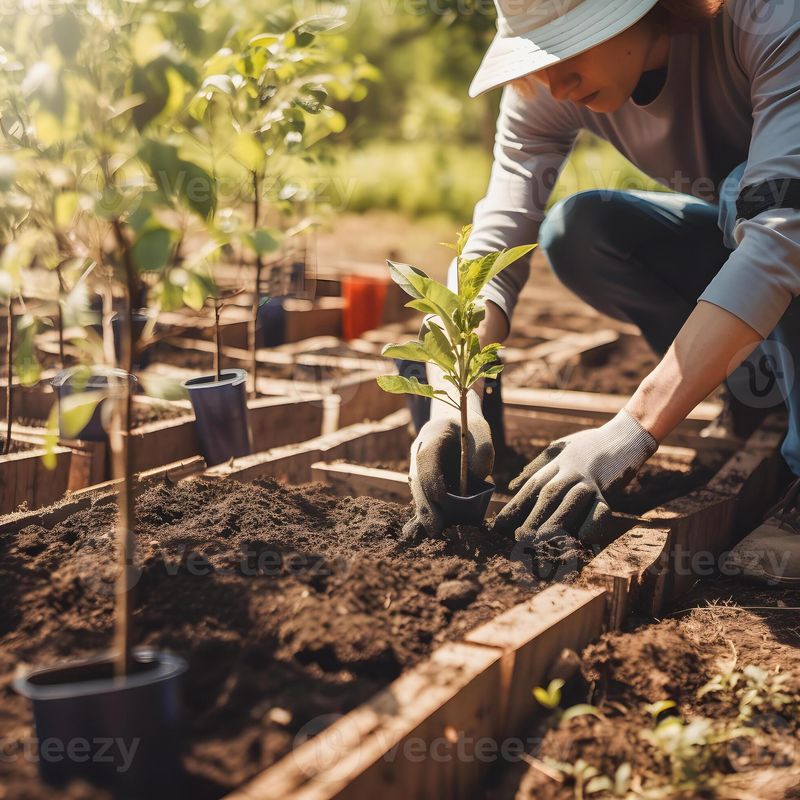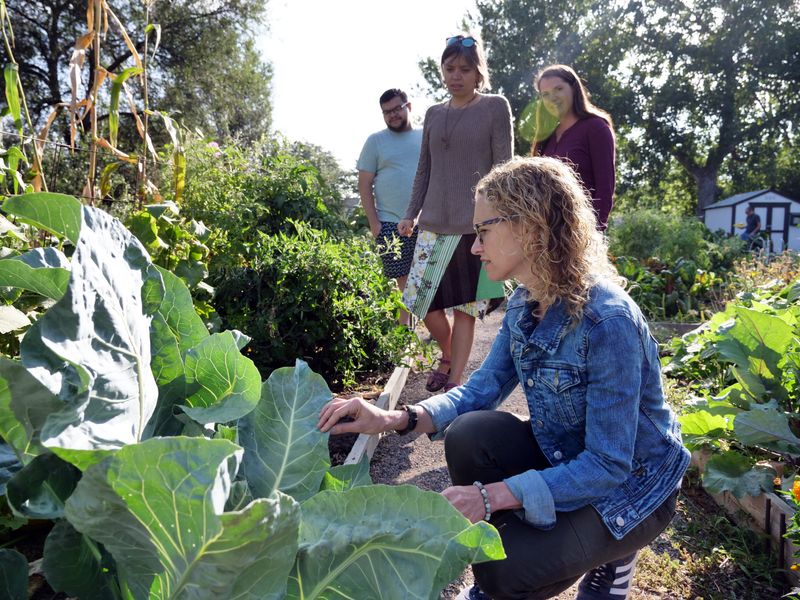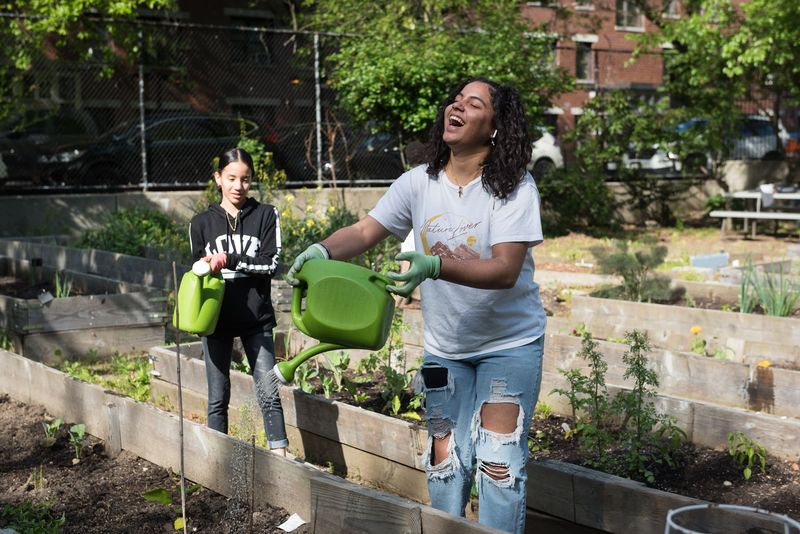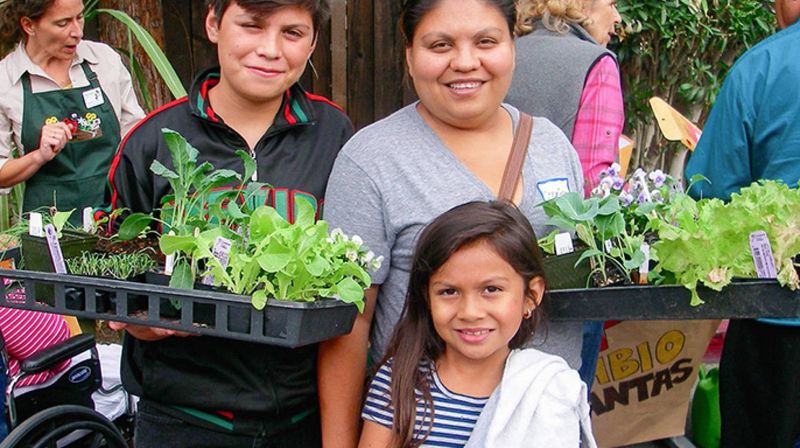Joining a community garden can be a life-changing experience for many, offering a plethora of benefits that extend far beyond just growing plants.
From fostering social connections to promoting environmental sustainability, community gardens have something to offer everyone.
In this blog post, we’ll explore ten compelling reasons why you should consider becoming a part of a community garden.
1. Connect with Nature
Being a part of a community garden allows individuals to reconnect with nature. In today’s fast-paced urban life, many people miss out on the calming effects of the natural world.
Community gardens provide an oasis in the city where members can unwind, relax, and feel the earth beneath their fingers.
Engaging with nature in this way helps reduce stress and improve mental health, providing a peaceful escape from the daily hustle and bustle.
2. Grow Your Own Food
One of the greatest joys of community gardening is the opportunity to grow your own food. Imagine picking a ripe tomato or crunchy lettuce for your salad, knowing it was grown by your own hands.
Not only does this provide fresh produce, but it also offers a sense of accomplishment.
Growing your own food is a rewarding experience that fosters a deeper appreciation for the effort that goes into every meal. Plus, it helps reduce your grocery bill!
3. Build Community Connections
Community gardens are a great way to meet new people and build lasting friendships. Working side by side with neighbors fosters a sense of camaraderie and cooperation.
Whether you are sharing gardening tips or swapping recipes, the connections made in a community garden can be heartwarming and meaningful.
These relationships often extend beyond the garden, strengthening neighborhood ties and creating a supportive community network.
4. Learn New Skills
Joining a community garden is an excellent way to learn new skills. Whether you’re a seasoned gardener or a novice, there’s always something new to discover.
From planting techniques to pest management, community gardens offer a rich learning environment.
Many gardens also host workshops and events where you can expand your knowledge and skills even further. It’s a place of continuous learning and growth.
5. Promote Sustainability
Community gardens are champions of sustainability. By growing your own food, you reduce the carbon footprint associated with transporting produce.
Many gardens implement eco-friendly practices such as composting and rainwater harvesting.
These practices not only benefit the environment but also educate members about sustainable living. Being part of a community garden allows you to contribute to a greener planet.
6. Improve Physical Health
Gardening is a fantastic form of physical exercise. The act of digging, planting, and weeding helps improve stamina, flexibility, and strength.
It’s a low-impact activity suitable for people of all ages and fitness levels.
Regular gardening can help you stay fit and active, contributing to better overall health and well-being. Plus, spending time outdoors boosts your vitamin D levels!
7. Support Mental Well-being
Being in a community garden provides mental health benefits that are hard to replicate elsewhere. The serene environment and connection to nature can significantly reduce anxiety and depression.
The act of gardening itself is therapeutic, offering a mindful activity that keeps you grounded in the present moment.
Community gardens provide a sanctuary where members can find solace and rejuvenation.
8. Encourage Teamwork
Community gardening is all about teamwork. Many gardens operate through collective effort, relying on members to work together towards common goals.
This collaborative environment fosters teamwork and leadership skills among participants.
Through shared responsibilities and challenges, members learn the value of working as a team, an invaluable skill that extends beyond the garden.
9. Boost Local Biodiversity
Community gardens contribute to local biodiversity by introducing various plant species that attract beneficial insects and wildlife.
These green spaces provide habitats for pollinators like bees and butterflies, which are crucial for ecological balance.
By participating in a community garden, you play a role in supporting local ecosystems and promoting biodiversity in your area.
10. Enhance Food Security
Community gardens enhance food security by providing families with access to fresh, healthy produce. In urban areas where grocery options may be limited, these gardens offer an essential resource.
Growing your own food ensures that you have a steady supply of nutritious vegetables and fruits.
By joining a community garden, you contribute to food resilience and self-sufficiency for yourself and your community.
